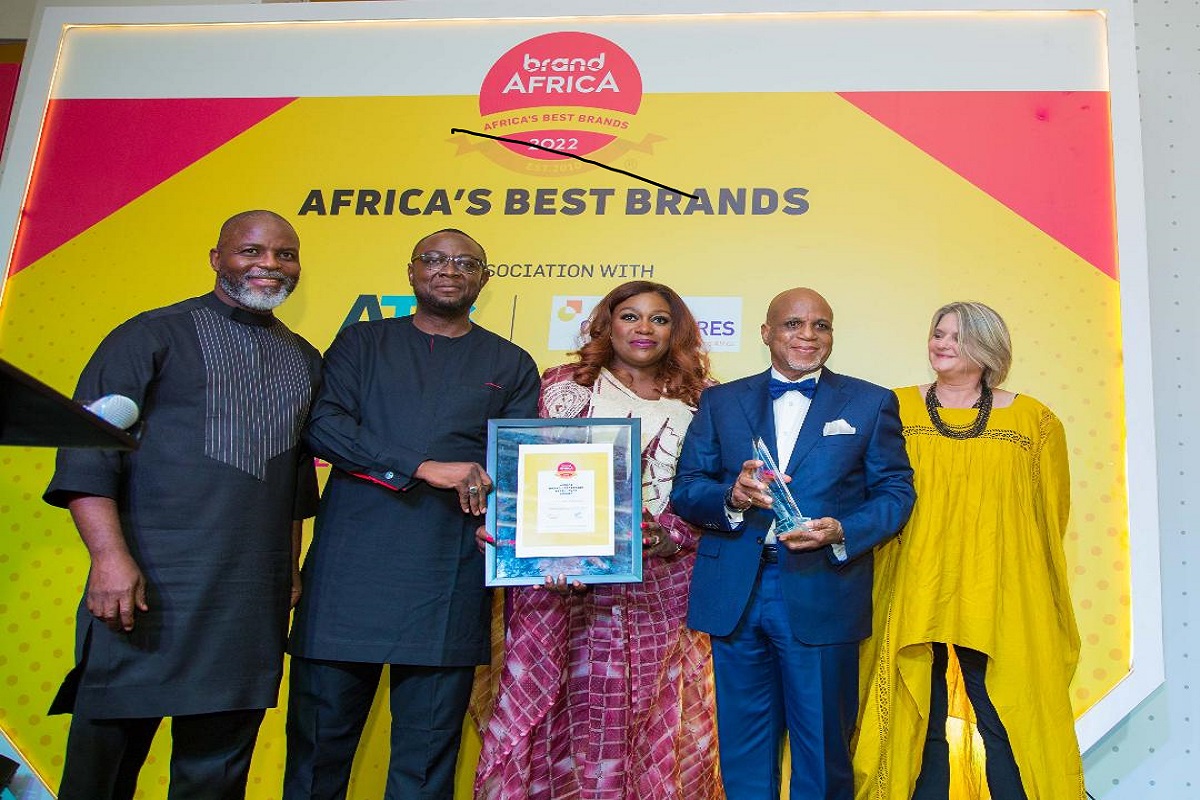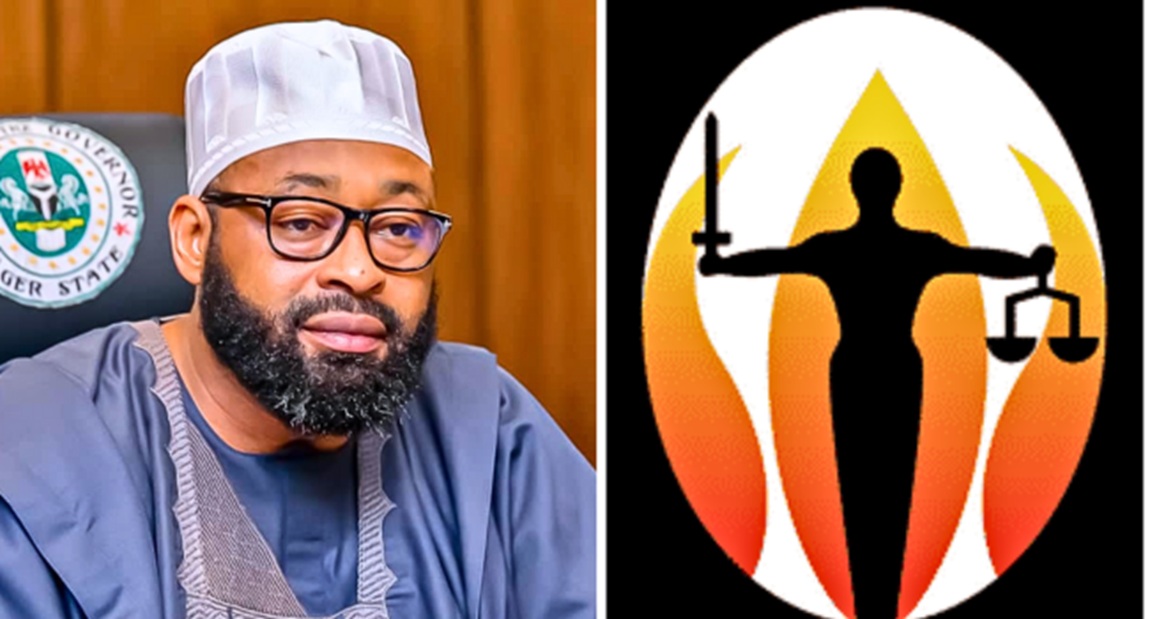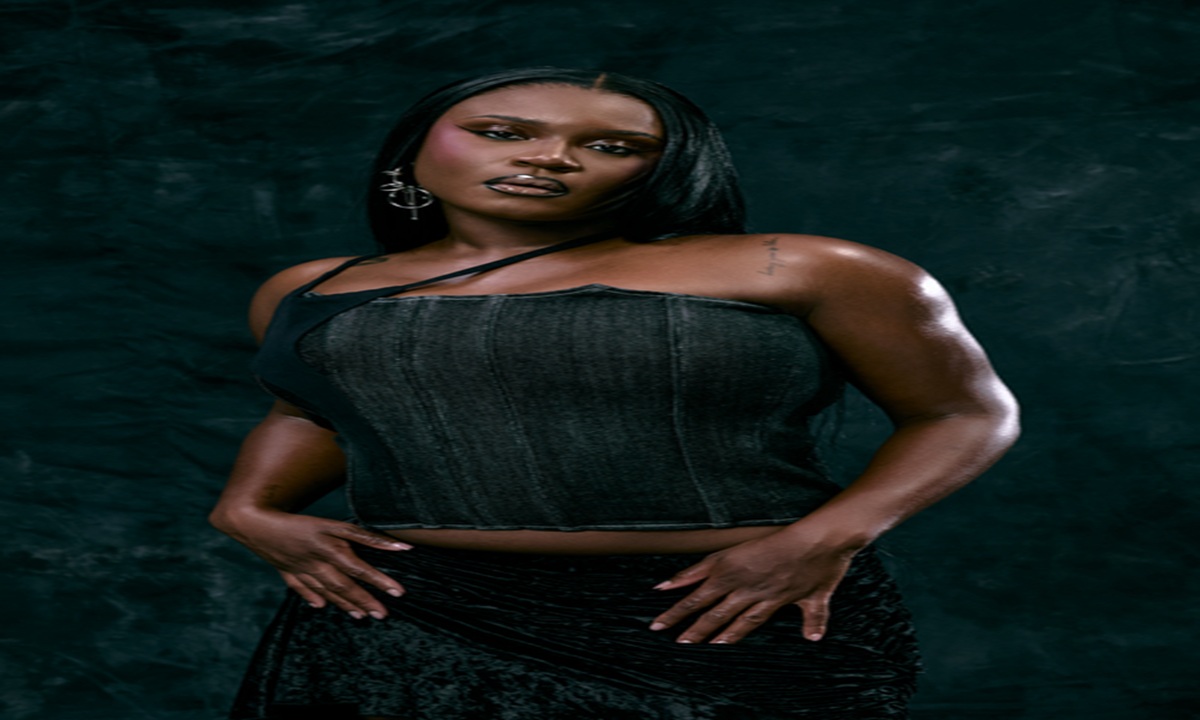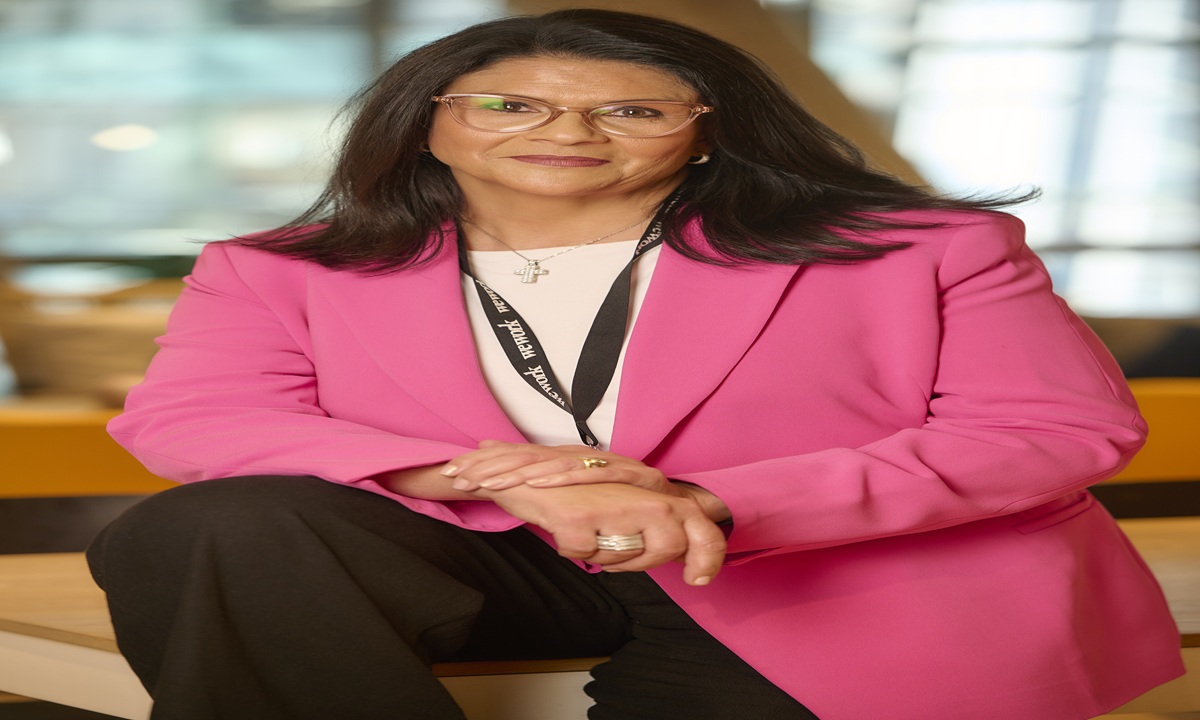Broadcasting
Brand Africa unveils 12th Annual Brand Africa 100: Africa’s Best Brands 2022

Brand Africa, organizers of annual Brand Africa 100 on Wednesday unveiled the 12th annual Brand Africa 100: Africa’s Best Brands 2022 rankings of the Top 100 most admired brands in Africa at a live event at Eko Hotel & Suites in Nigeria.

Against a backdrop of internal focus as a consequence of an urgent rebuilding of economies devastated by the Covid-19 pandemic and the acceleration of AfCFTA’s goal of driving greater intra-African trade, after a 5-year decline, African brands have surged 4% to 17% from an all-time low of 13% in 2020 and 2021 in the 2022 Brand Africa 100 | Africa’s Best Brands survey and ranking of the best brand in Africa.
Nigerian brands, Dangote (#22), Glo (#32), Jumia (#42) and Nasco (#75) are among the 17 African brands that have heralded a 4% surge by African brands to 17% share of the Top 100 brands in Africa.
Overall, South Africa’s MTN, has returned to the Top 10 as the highest ranking African brand and traded places with Dangote as the #1 African brand recalled when prompted to consolidate its status as the #1 African brand.
Dangote, the pre-eminent African brand founded in 1981 by Nigerian Aliko Dangote, emerged as the #1 brand that symbolises African pride in a question where Brand Africa sought to establish which brand in Africa is a flag carrier and embodiment of rising optimism and pride in Africa. South Africa, led by MTN, leads the African list, with Nigeria, led by Dangote, the overall #1 brand, at 28%, and Kenya with flag carrier, Kenya Airways, at 8% and Ethiopia, with its flag carrier brand, Ethiopian Airline at 4%.
Non-African brands, led by overall pace-setter Nike for the 5th consecutive year, continue to dominate with a share of 83% of the most admired brands in Africa. Coca Cola, which has been in the Top 5 for 10 consecutive years, is the #1 overall most admired brand in Nigeria.
In a separate list of the Top 25 most admired financial services brands, African brands, led by Nigeria’s GT Bank for the third consecutive year, dominate the rankings with 68% of the share to 32% for non-African brands.
DStv, has consolidated its position as the #1 African media brand for the second year running, while Channels TV led as the #1 Nigerian media brand, in a category that is fast going digital and mobile.
Recognising that while the rebound in African brands is notable, the results will not be sustainable without committed and inspirational leadership, in 2022, Brand Africa recognised those leaders who are the catalyst for growth for Made in Africa brands both in corporate and in those who have championed and supported the development of great local brands in supporting industries. GT Bank’s Group CEO, Segun Agbaje and Nigerian doyenne of marketing, founder and chairman of Troyka Group were awarded the inaugural Africa Brand Leadership Excellence awards for inspiring brand-led excellence that drives the growth of made in Africa brands.
“As we emerge out of the pandemic and Africa seeks to assert itself, the results are very inspiring and bode well of an African renaissance led by competitive world class African brands,” says Thebe Ikalafeng, Founder and Chairman of Brand Africa and Brand Leadership.
“With increased number of countries and greater sample size this year, more than ever, and especially so during the pandemic, mobile proved to be the effective tool for us to reach and access respondents across the continent,” said Bernard Okasi, Director of Research, GeoPoll, which has been the lead data collection partner since 2015.
Karin Du Chenne, Chief Growth Officer Africa Middle East for Kantar, which has been the insight lead for Brand Africa since inception in 2010 says, “despite volumes of brands analysed as a results of increased sample size in terms of respondents and countries, the survey continues to yield a very consistent picture of brands and trends that are transforming the continent.”
Now in its 12th year, every year on or around Africa Day, 25 May, Brand Africa releases the results of the survey on the most admired brands in Africa based on a survey across 29 countries that represent as much as 85% of the continent’s GDP and population. The 2022 survey was conducted between March and April 2022 and yielded over 80,000 brand mentions and over 3,500 unique brands.
The Brand Africa 100 results will be published in the June issue African Business magazine which on sale globally in June 2022 and will be available online to subscribers on www.africanbusinessmagazine.com.
The 2022 Brand Africa 100: Africa’s Best Brands were organised by Brand Africa partners in Nigeria, AT3 Resources and Open Squares Africa, and supported by the Central Bank of Nigeria, South African Tourism, NQR, Africa Media Agency and BCW Africa.
For Information on the Brand Africa agenda, initiatives and partners and specifically the Brand Africa 100: Africa’s Best Brands Rankings visit www.brand.africa and follow the results on #BrandAfrica100 and #AfricasBestBrands2022.
L-R: Thebe Ikalafeng, Chairman, Brand Africa; Feyi Olubodun, Founding Partner, Open Squares Africa; Tosin Adefeko, Chief Executive Officer, AT3 Resources Limited; Dr. Biodun Shobanjo, Founder & Chairman, Troyka Group and Karin du Chenne, Chief Growth Officer, Kantar EMEA during the presentation of Africa Brand Leadership Excellence Award to Dr. Shobanjo at the 2022 Brand Africa awards held at Eko Hotel, Lagos on Wednesday, May 25th, 2022.
Broadcasting
SERAP, Editors Sue Niger Governor over Badeggi FM Shutdown Threat

Socio-Economic Rights and Accountability Project (SERAP) and the Nigerian Guild of Editors (NGE) have filed a lawsuit against Umar Bago, Niger State Governor, and the National Broadcasting Commission (NBC) over what they described as “the ongoing intimidation” of Badeggi FM Radio, Minna, and the threat to shut down the station.

This was contained in a statement on Sunday by Kolawole Oluwadare, deputy director, SERAP, accusing NBC of failing to stand in defence of the local station.
PUNCH Online had reported that Bago ordered the closure and the revocation of the licence of Badeggi Radio 90.1 FM in Minna over alleged public incitement.
However, in suit number FHC/L/CS/1587/2025, filed last Friday at the Federal High Court, Lagos, SERAP and NGE are seeking to determine “whether by Section 22 of the Nigerian Constitution 1999 (as amended) and section 2(1)(t) of the NBC Act, the NBC has the legal duty to protect Badeggi FM from the ongoing intimidation from the governor.”
They are also seeking “an order of perpetual injunction restraining the Niger state governor and NBC from further harassing, intimidating and/or threatening to shut down Badeggi FM radio, revoke its licence and profile the station’s owner.”
The groups argued, “The ongoing intimidation and threat by Mr Bago to strip Badeggi FM station of its licence, further threat to demolish the station’s premises and profile its owner is unlawful and a violation of the rights to freedom of expression, access to information, and media freedom.”
They described allegations of inciting violence against the station and its owner as “vague, unfounded and unsubstantiated and apparently made to silence the radio station.”
The suit, filed on behalf of SERAP and NGE by lawyers Kolawole Oluwadare, Oluwakemi Agunbiade, and Andrew Nwankwo, read in part, “The media plays an essential role as a vehicle or instrument for the exercise of freedom of expression and information – in its individual and collective aspects – in a democratic society.
“Intimidating, harassing and silencing critical or dissenting voices under the guise of vague and unsubstantiated national security concerns is a fundamental breach of the Nigerian Constitution and Nigeria’s international human rights obligations.
“The ongoing intimidation and harassment of Badeggi FM and its owner is capable of discouraging participation of the press in debates over matters of legitimate public concern ahead of the 2027 general elections.”
SERAP and NGE are therefore asking the court for the following reliefs, “A declaration that by the combined provisions of Section 22 Nigerian Constitution and section 2(1)(t) of the National Broadcasting Act, the NBC is obligated by law to protect Badeggi FM station and other broadcasting outlets in Nigeria from undue interference from unauthorised persons or entity.
“A declaration that the failure and/or neglect of the NBC to protect and defend the independence of the radio station against arbitrary executive interference constitutes a breach of its statutory duty to ensure fair, independent, and lawful broadcasting practices in Nigeria.
“A declaration that the ongoing intimidation and threat issued by Mr Bago to strip Badeggi FM station of its operational licence and further threat to demolish the station’s premises is unlawful and a violation of the rights to freedom of expression, access to information, and media freedom.
“A declaration that the threat issued by the Bago to strip Badeggi FM radio station of its operational licence encroaches upon the statutory powers of the NBC as provided for under section 2 of the National Broadcasting Commission Act.
“An order of perpetual injunction restraining the governor and NBC, its agents and privies from harassing, intimidating and/or threatening to revoke the operating licence of Badeggi FM station or any other broadcasting outlet in Niger State.”
It was said that no date has been fixed for the hearing of the suit.
Broadcasting
Amaarae Crowned Spotify’s EQUAL Africa Artist for August

Spotify has named Ghanaian trailblazer Amaarae as the EQUAL Africa artist for August, spotlighting her as one of the continent’s artists who continues to push creative and cultural boundaries with every beat, lyric, and look.

Amaarae, born Ama Serwah Genfi, raised between Ghana and the U.S.A often pulls her musical inspiration from the cultures and genres she grew up with. She has consistently pushed the boundaries of sound and identity, with her unique fusion of alternative, pop, R&B, and Afrobeats cementing her place as a singular voice in modern music.
Her musical journey took a turn in a computer lab in Ghana in 2009, where she taught herself to make beats on a cracked version of FL Studio. That moment sparked the fire for a career that would go on to produce game-changing projects like “The Angel You Don’t Know” and global hits such as “SAD GIRLZ LUV MONEY”.
Amaarae’s inclusion on Spotify’s Global Impact List for the first half of the year, highlighting the most-exported Ghanaian songs, was no surprise. She has become a symbol of how African music is travelling further, faster, and louder than ever before.
With her latest album BLACK STAR she returns to her Ghanaian roots with bold energy, crafting what she calls a “rallying cry for youth culture around the world. This album is bringing the alternative community to the forefront and being fearless about that.”
“I navigate the music world with balance, willpower, and strength. The challenges are real, don’t get me wrong, but I put my blinders on, lock into tunnel vision, and get to work. And when I come across another woman on the journey, especially a Black woman, I do my best to share knowledge, create opportunities, and lighten the load where I can,” says Amaarae.
As part of Spotify’s EQUAL programme, which amplifies women’s voices worldwide, Amaarae joins a growing list of African women shaping the future through sound and self-expression.
“Amaarae embodies the spirit of boundary-pushing creativity that EQUAL stands for,” says Phiona Okumu, Spotify’s Head of Music for Sub-Saharan Africa. “Her artistry is bold, distinct, and unapologetically authentic – qualities that continue to inspire a new generation of artists across the continent and beyond.”
We sat down with Amaarae to learn more about her and her music:
1. What is that one surprising thing your fans might not know about you?
Amaarae: I’m one step away from being legally blind! My vision is a -7 and I have astigmatism!!
2. When did you realise that making music was in your destiny and what is your WHY for pursuing this craft?
Amaarae: When I moved back home to Ghana in 2009, I was learning how to make beats and record myself at the back of the computer lab. Someone had installed a cracked version of FL.
3. Which African songs or artists did you grow up listening to?
Amaarae: The list goes on and on. Daddy LUMBA (RIP), Terri Bonchaka, MzBel, Abrewa Nana, Obrafour’s legendary album Pae Mu Ka, Sarkodie, Kwadwo Antwi. I could go all day.
4. To someone who has never heard your music, how would you describe the sound, tone, and style?
Amaarae: Let’s encourage listeners to be curious and adventurous! If you’re reading this and you’ve never heard my music, I dare you to go listen! And tell me how YOU would describe my sound.
5. Any advice for someone dreading following their dreams?
Amaarae: The regret does more damage than the effort.
Broadcasting
Humans + Machines: Building the workforce of the future

By Ursula Fear, Senior Talent Programme Manager | Salesforce
Is AI coming for your job, or is it already working beside you? As its use becomes more routine, artificial intelligence is looking less like a threat and more like a teammate: answering queries, making decisions, chasing leads, processing invoices, and drafting content around the clock.

Ursula Fear, Senior Talent Program Manager, Salesforce
This new class of digital labour is changing how teams function, how targets are met, and how people spend their time at work. From now on, almost every job, team, and company will involve AI agents – systems that can analyse vast datasets, apply human-like reasoning, and act independently. Their presence is set to influence workflows, increase productivity, support innovation, and redefine roles across the organisation.
Rather than replacing people, AI is tilting the workload. Salesforce research shows that 23% of HR teams plan to redeploy employees into roles that make better use of their uniquely human strengths. At the same time, agentic AI adoption is projected to surge by 327% over the next two years (from roughly 15% adoption today to about 64% by 2027).
This shift is tied to anticipated productivity gains of 30% per employee and labour cost reductions of 19%, equating to about $11,000 in savings per employee annually, based on Organisation for Economic Co-operation and Development (OECD) wage averages. Rather than replacing people, organisations are preparing to reskill and redeploy workers, enabling humans to focus on higher-value roles that emphasise creativity, strategy, and interpersonal skills.
A recent Gartner poll further found that 95% of customer service teams intend to retain human agents to help define and guide the role of AI, reinforcing the value of a “digital first, not digital only” approach. Gartner further says that by 2027, half of the organisations that planned to significantly reduce their customer service workforce will abandon those plans, highlighting the limits of going fully “agentless”.
For African countries, the rise of digital labour presents an opportunity to build modern, inclusive workforces without being bound by outdated development models. But realising this potential depends on sustained investment in skills training, digital infrastructure, and equitable access to AI tools.
Train for tomorrow
Africa has the world’s youngest population. It’s bursting with entrepreneurial energy. But many young people still don’t have access to the tools and skills that will define the next era of work. If the continent wants to lead in the digital labour revolution, it should act now by investing in digital infrastructure, prioritising skills development, and forging partnerships that make future-focused training widely accessible.
Yes, the skills gap is real and broadband internet is still a luxury in many communities. But on the upside, AI training doesn’t require a university degree. Much of it is free, online, and accessible to anyone with a smartphone and a curious mind.
That opens the door to governments, educators, businesses, and civil society to step up to update school curricula, expand digital infrastructure, and support public-private training partnerships. All of this matters: not just for economic growth, but for social inclusion, too.
If these foundations are put in place, African countries could not only meet the needs of their growing population but also leapfrog outdated development models.
From entry-level to in-demand
When AI begins to handle the simpler tasks, it’s easy to worry about what’s left for those starting out. Entry-level jobs aren’t disappearing though. Instead of doing routine work, newcomers will now need to build skills in oversight, collaboration, and using AI tools effectively from day one. The ladder still exists; it just starts in a different place.
This will require a different kind of training – not just technical know-how, but in soft skills like empathy, adaptability, ethical judgement, and communication, which are all human traits that help teams thrive.
AI’s presence in the workplace may be concerning, with reports of job cuts due to its adoption (here, here, here, and here), but all is not as it seems.
Research suggests a more balanced perspective: One of the most comprehensive studies, from the National Bureau of Economic Research, tracked 25,000 workers across 7,000 Danish firms using AI chatbots. It found no significant changes to jobs, wages, or working hours. Productivity rose by around 3%, without leading to layoffs.
The St. Louis Fed found something similar. Based on large-scale surveys in the US, researchers reported one in four workers now use generative AI weekly, saving on average just over two hours a week. Spread across the entire labour market, that translated into a 1.1% productivity gain. Crucially, there was no sign this efficiency came at the cost of jobs.
Adding to this, a 2024 study by Mäkelä and Stephany analysed over 12 million US job listings and revealed that demand is surging for “AI-complementary” skills such as resilience, teamwork, digital literacy, and analytical thinking. These are the very human capabilities that help people work effectively with AI. The study found AI-focused roles are nearly twice as likely to list these skills, and they command wage premiums of 5–10%. Even more telling: the positive impact of these complementary skills outweighs the substitution effects of AI by up to 70%.
These findings all suggest that AI isn’t replacing workers; it’s helping them work smarter and more efficiently. To thrive in this blended future, we need to prepare today, by building the right skills, expanding access, and embracing AI not as a threat, but as a partner in progress.
Because the future of work won’t be entirely human, nor entirely automated – it will be a blend of both.

 Telecom3 days ago
Telecom3 days agoMTN’s mPulse Spelling Bee Returns with Regional Competitions and ₦40M in Prizes

 Telecom3 days ago
Telecom3 days agoMTN Nigeria Launches Cloud Accelerator to Power Africa’s Startup Future

 E-Business3 days ago
E-Business3 days agoArtificial Intelligence: The Indispensable Catalyst for Nigeria’s Agricultural Revolution

 Telecom3 days ago
Telecom3 days ago9mobile Rebrands as T2, Vows to Shake Up Telecom Sector

 Broadcasting3 days ago
Broadcasting3 days agoAmaarae Crowned Spotify’s EQUAL Africa Artist for August

 Telecom3 days ago
Telecom3 days agoNigeria Mulls Trust Fund to Preserve Telecom Infrastructure

 General News3 days ago
General News3 days agoNigerian Scientists Await Return of Egusi Seeds Sent to Space

 News15 hours ago
News15 hours agoGoogle Hit by AI-driven Cyber Attack

























